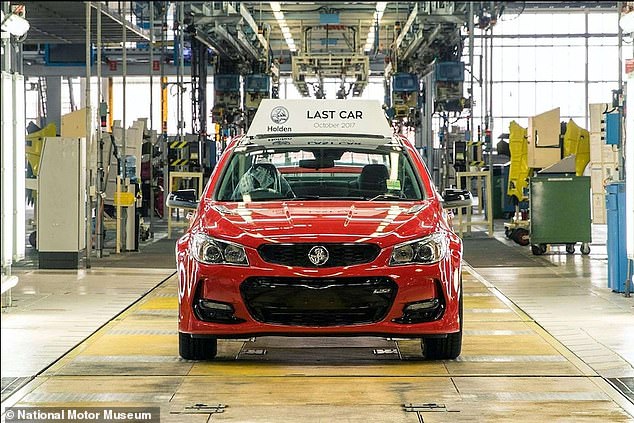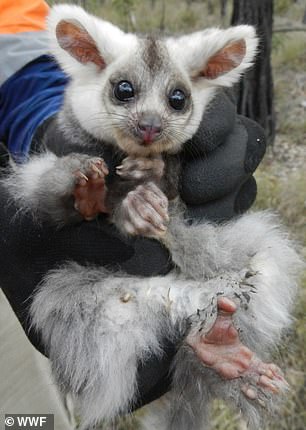Last Reflex white paper batch is made in Australia after Holden, Bonds outsourced
>
First it was the Bonds cars and clothes that were no longer made in Australia, now, due to lack of wood and an endangered animal, white paper is not even made here.
A worker at the Maryvale paper mill in Victoria said seeing the last ream of white paper roll off the line “was a very sad moment”, one in which back-to-school costs for some paper products will rise by as much as 50 percent in the short term.
The last Holden Commodore rolled off the assembly line in Elizabeth, South Australia on October 19, 2017 and it will be a day forever embedded in the nation’s history.
Manufacturing of the iconic Bonds garments King Gee and Hard Yakka was long gone, moved from Australia to Asia by then-owner Pacific Brands in 2009.
The solemn dates are now joined by January 21, 2023, the day the last batch of Reflex white paper was produced in Maryvale, 100 miles south-east of Melbourne.
Trevor Patton (left) and his co-workers at the Maryvale paper mill are shown with the last ream of Reflex white paper produced there.
Typically, product outsourcing is done to reduce production costs and lower the price for consumers.
But the latest decline in manufacturing will send the price of paper soaring, as the end of production is being forced by domestic problems, not competition from abroad.
This is bad news for anyone shopping for office supplies, exercise books, envelopes, or printing recipes, bills, posters, and more.
Ben Kearney of the Australian Lottery and Newsagents Association said this means “copy paper will be at least 50 per cent more expensive in the short term,” he said. abc.
He is also concerned that even in the medium term it is going to be very difficult to get enough supplies of copy paper.
Reflex’s parent company, Opal Australian Paper, has indefinitely suspended production of white paper at the Maryvale mill due to a lack of wood.
In November, the timber industry in Victoria said a High Court decision threatened its future.
The court ordered stricter rules for VicForests’ operations and found that the government-owned agency broke the law by failing to adequately protect the endangered yellow-bellied glider and greater glider in Victoria.
VicForests has appealed the decision to the Supreme Court.
Trevor Patton was working at the Maryvale mill on Saturday when the last ream produced in Australia, possibly ever, rolled off the line.

The last Holden Commodore (pictured) rolled off the assembly line in Elizabeth, South Australia on October 19, 2017.

VicForests broke the law by failing to adequately protect the endangered greater glider (pictured), leading to timber supply problems
“It was very surreal for us guys who’ve been there for 10 to 20 years, it was kind of weird to see that last ream.”
“We took a photo and we were smiling in the photo… but that was not the way we felt at the time. It was a very sad moment.
Opal had already laid off 37 workers at the factory since New Year’s Day due to material shortages.
The company has not said it will stop making white paper permanently, but that it was “seriously considering” closing its white paper manufacturing.
It previously manufactured up to 200,000 tons of white paper per year, with a throughput of 300 reams of paper per minute.
The plant is one of the largest employers in the Latrobe Valley and the area is still reeling from the loss of other major employers such as Hazelwood Power Station and coal mines.
Patton, who has worked at the Opal plant for 16 years, isn’t sure what the future holds.
“I’m supposed to go back (to work) next Saturday, but right now it doesn’t look like they’re going to have anything to do for us,” he said.
We’ll temporarily withdraw until you can decide what to do with all of us.

Manufacturing of the iconic Bonds clothing (pictured) was moved from Australia to Asia by then-owner Pacific Brands in 2009.
There is a chance that a new supply of wood will be found, but in the meantime, Opal said the workers who are idle will be paid in full until mid-February.
Adam Joy, CEO of Office Brands, which represents office products companies, he said that 98 percent of the paper purchased by members was from the Maryvale mill.
He said companies are now ordering supplies from abroad and “just hoping it arrives on time.”
